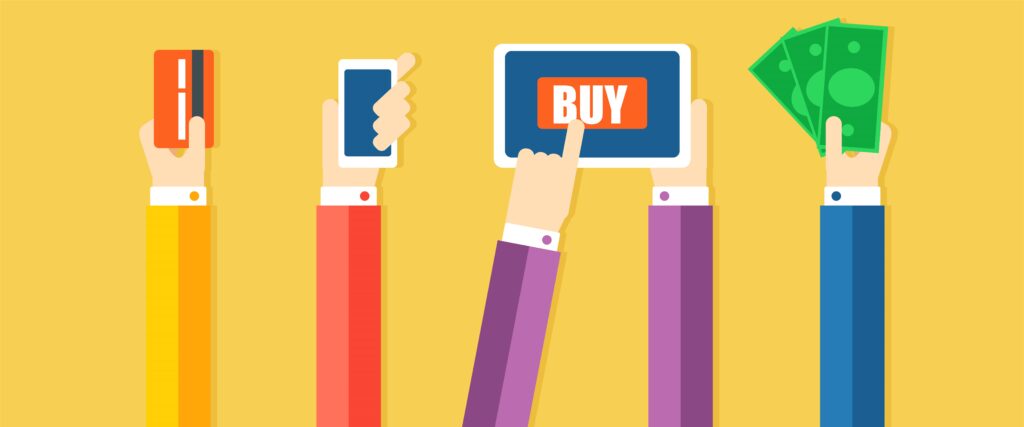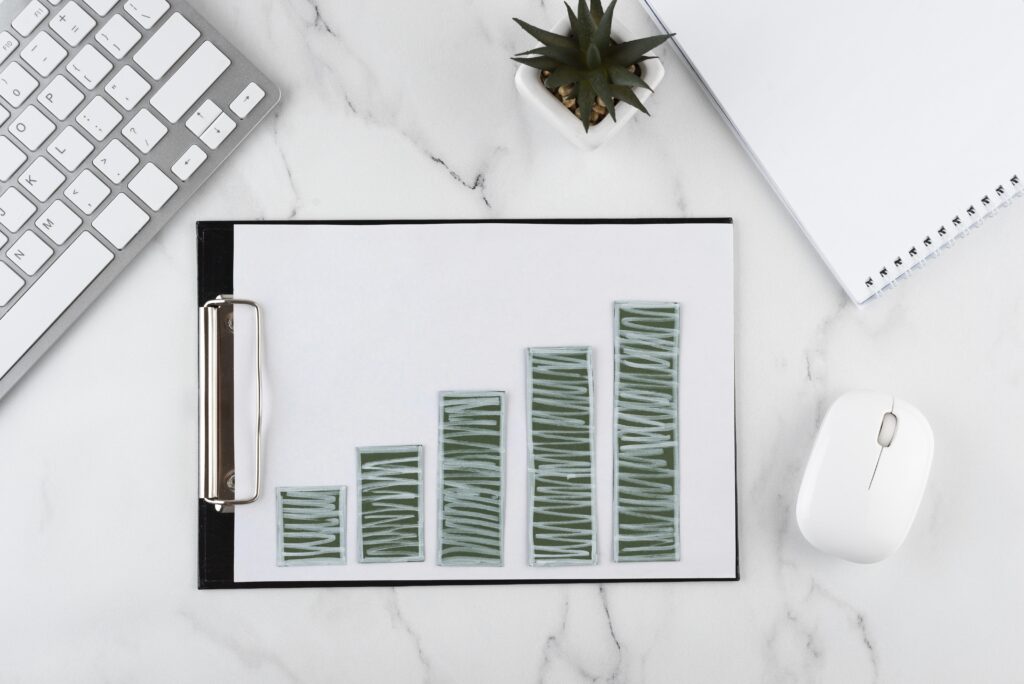In today’s consumerist society, people often accumulate more than they need — leading to financial stress and decision fatigue. Financial minimalism offers a clear solution: own less, spend with purpose, and focus on what truly brings long-term value. Backed by behavioral science and real data, this approach brings both financial clarity and emotional well-being.
What Is Financial Minimalism & Why It Matters
Financial minimalism is a values-based system that promotes intentional spending — not deprivation. People gain the power to direct their resources including time and money and attention toward assets which align with their personal values and objectives. Users experience improved financial security together with reduced stress and better clarity and enhanced well-being.
Financial Upside of Owning Less
Curb Impulse Spending
Minimalism prompts mindful consumption. Minimalists take time to evaluate the actual worth of a purchase before they make any buying decisions. The practice of slowing down impulse purchases enables people to allocate their money toward more important things.
Minimalism prompts mindful consumption. Before making any purchase minimalists take time to assess the true value of the item. Minimalists use the 24‑hour rule as a simple yet effective method to help people pause before buying which prevents impulsive purchases and leads to improved financial choices.
Quality Over Quantity
The initial investment for fewer high-quality items leads to reduced replacement expenses in the long run. The approach results in substantial financial savings and enhanced resource utilization throughout the long term.
Streamline Finances & Reduce Clutter
Financial minimalists achieve both mental clarity and financial savings through their practice of canceling unused subscriptions and removing financial clutter.
Lower Living Costs
The decision to own fewer possessions leads to smaller living areas and reduced utility expenses and decreased maintenance needs and lower storage expenses.
Broader Benefits: Health, Happiness, Well-being
Mental Clarity & Reduced Stress
The presence of clutter in both physical and financial forms creates stress while disrupting decision-making processes. The process of clearing clutter leads to better focus and supports purposeful behavior.
Happiness & Life Satisfaction
Research indicates that maintaining healthy financial habits including regular saving and prompt bill payments leads to better mental health regardless of personal income. Small improvements in saving practices result in quantifiable improvements to well-being.
Step-by-Step Guide to Financial Minimalism
Audit Your Spending
Create a list that includes all your subscriptions together with your impulse purchases and regular payments. Determine which items bring value to your life while also identifying those that waste your resources.
Set Intentional Purchase Rules

Use the “mirror test” by asking yourself if you would still want to buy the item after 24 hours. This helps you develop self-control and minimizes unnecessary purchases.
Declutter & Monetize Unused Items
Get rid of items that no longer serve you because this action generates both financial and mental returns on investment.
Downsize Where It Makes Sense
Assess your current space requirements to determine if you can achieve intentional living with smaller accommodations. Reduced rent/mortgage and utilities follow.
Reinvest Savings into Wealth-Building
Redirect money saved into emergency funds, debt payoff, or investments—for compound impact.
Your life will expand in meaningful ways when you release unnecessary items. Your spending reduction will help you recognize both your actual purchases and your unmade choices. The Shadow Budget concept reveals that the money you avoided spending holds equal power to the money you actually spent.
Real-Life Inspiration
The Minimalists (Joshua Becker, Courtney Carver) advocate for decluttering both possessions and obligations because they believe that having fewer possessions allows people to focus on relationships and purpose. Mr. Money Mustache and other FIRE advocates practice minimalist principles through their frugal lifestyle and high savings rates which they use to achieve financial independence.
Financial minimalism requires deliberate choices instead of complete elimination of possessions. The process of owning fewer possessions leads to mental clarity and financial independence and inner peace. Your purchasing decisions will transition from mindless responses to ads toward choices that support your core values. Your mental space becomes available for what truly matters when you eliminate unnecessary items to make room for meaningful experiences and security and purposeful development.
Are you prepared to adopt minimalism? Begin your journey by eliminating one subscription service and selling unwanted equipment and reconsidering your upcoming significant buy. Your life will expand through the process of gradually reducing your possessions.
The essence of minimalism consists of creating space for essential things rather than reducing the number of possessions. This approach enables you to make better choices while being more mindful of your resources and staying true to your future objectives. Selecting intentional simplicity in a society that measures success through accumulation represents a bold statement of self-respect.
Your life freedom emerges when you stop allowing material possessions to control your existence. The power of financial minimalism enables this transformation. The first step toward financial minimalism starts with making a decision to possess fewer things which allows you to experience authentic living.

Hi, I’m Fernando Pham, and welcome to WhyDetails.com! I’m from San Francisco, and I love exploring questions and sharing answers through my blog.



